Michel Platini: The Former UEFA President's Controversial Career in Football Politics
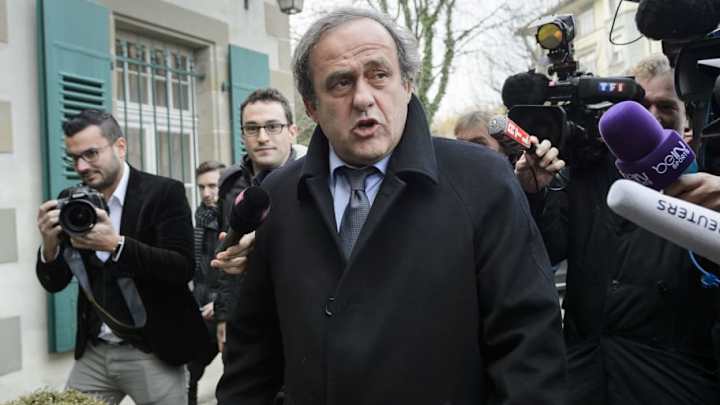
Michel Platini's name has been a core part of recent football history, but not always for the right reasons.
The former UEFA president was recently arrested over allegations of corruption in the awarding of the 2022 World Cup to Qatar, but this is hardly the first time the Frenchman has been in the headlines.
After a glittering career with both Juventus and the French national team, Platini was recruited to help France organise the 1998 World Cup, at the specific request of President Francois Mitterrand.
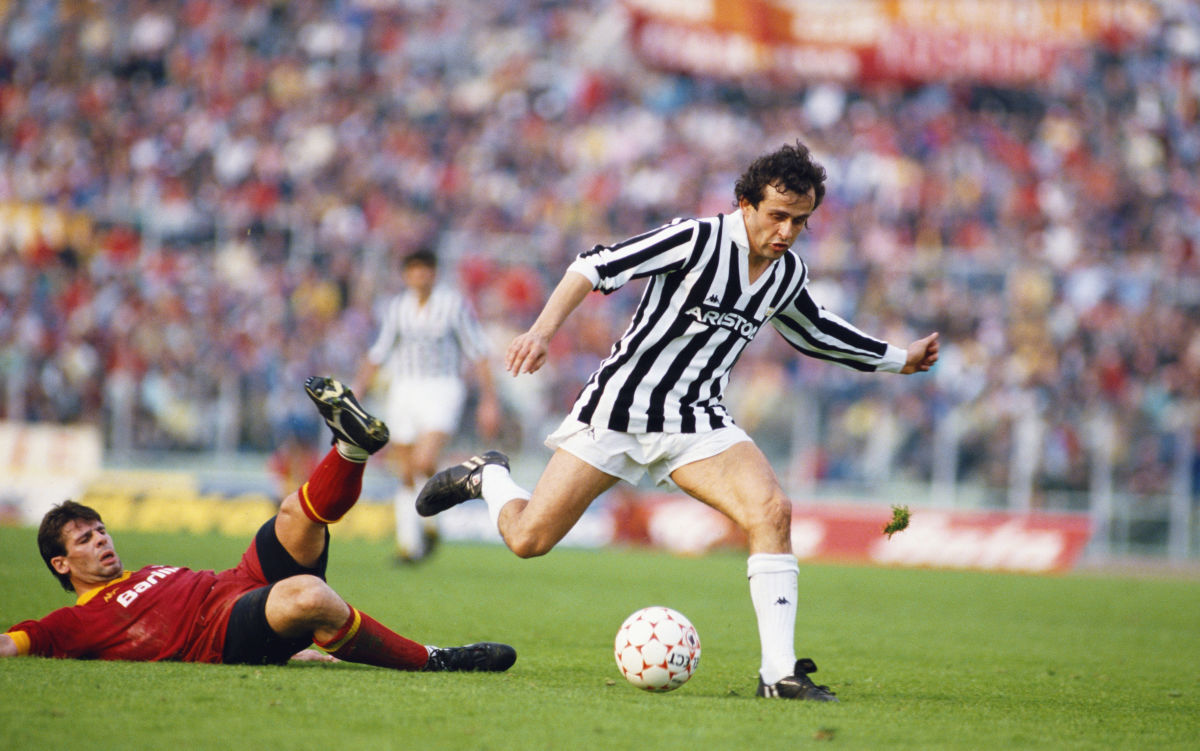
His football brain was clear to see, and he impressed enough to earn himself a position as vice-president in the French Football Federation. He promised to AFP (via Liberation) that he would focus on ensuring football remains a sport, not a business.
At the time, it was clear that Platini's mission was positive. Football was slowly becoming a world dominated by money, and here was a man who seemed insistent on halting that decline into corporate madness.
He remained in his role with the FFF until 2007, when he was elected as president of UEFA. With his new-found power, Platini had a new platform upon which he could preach to the world.
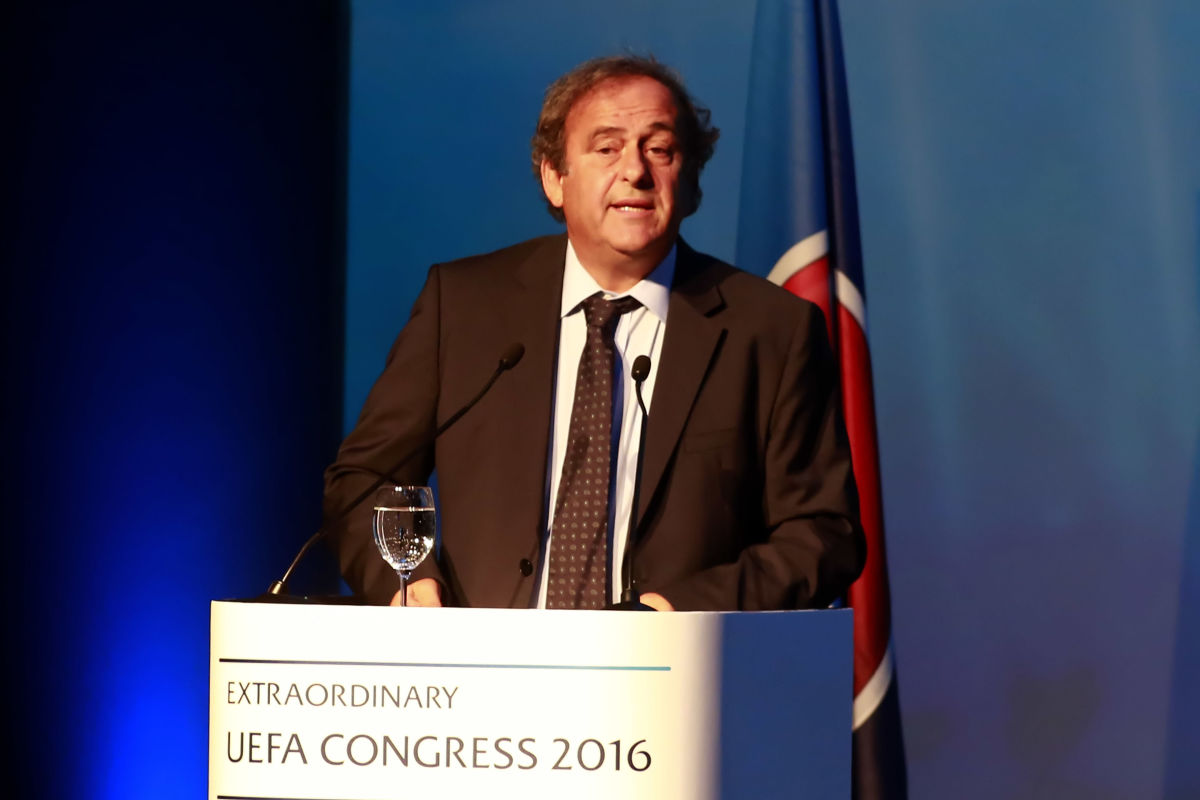
The ideas of home-grown player quotas and Financial Fair Play were high on his agenda, as was the protection of young players. Indeed, back in 2009, Platini insisted that youngsters playing football was a form of "child trafficking", such was his passion to see football remain a safe place for all.
With Platini now a core part of world football, he was involved in the decision on the host countries for the 2018 and 2022 World Cups. In late 2010, Russia were awarded the 2018 tournament and Qatar the 2022, and here began the attacks on Platini's credibility.
Mere days after the announcement, allegations arose of corruption in FIFA's ranks. Surprise rang around the world over the decision, with many claiming that Qatar did not have the infrastructure, human-rights ethics or even the temperature to host a tournament such as this. Talk of potential bribes was rife.
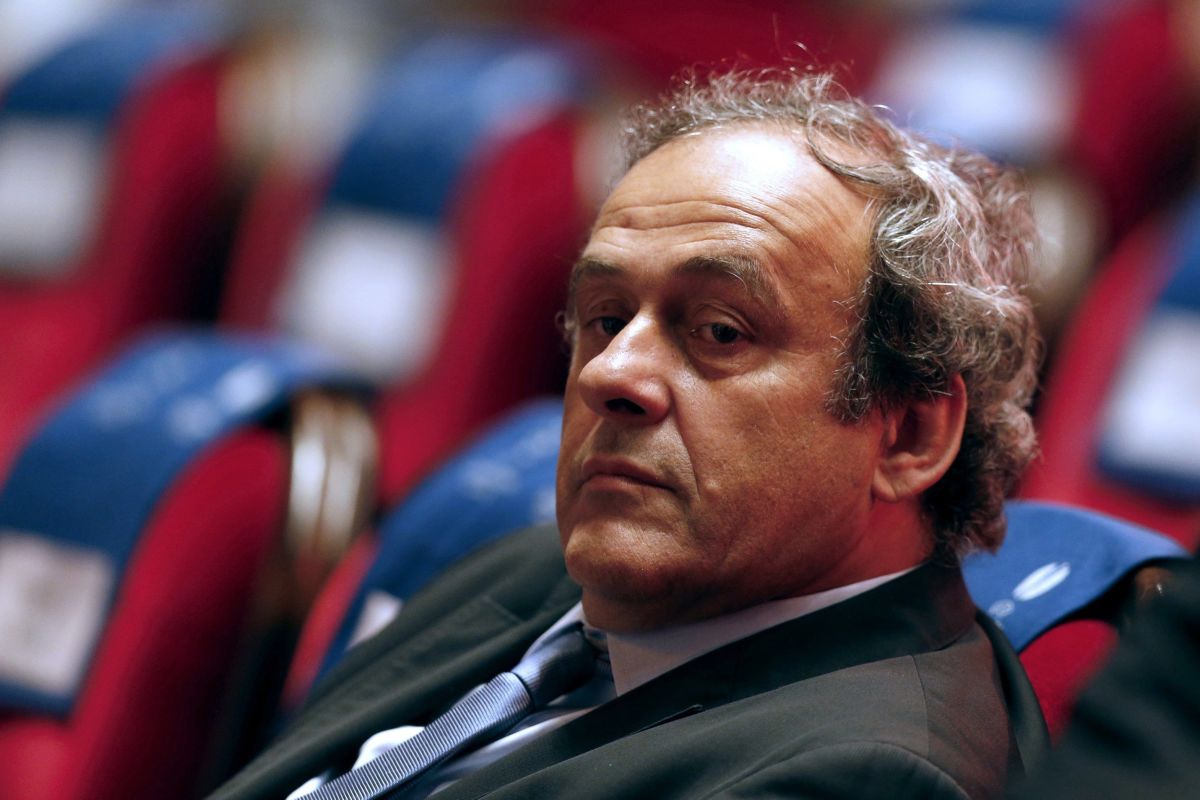
A later internal investigation by FIFA only raised more questions than answers. Michael Garcia's report on the bidding process was eventually summarised by FIFA, who insisted that nothing untoward had been discovered. Garcia challenged this summary, suggesting that that was not the conclusion of his work, but was unsuccessful.
Then, in May 2015, the world was left stunned as police raided the FIFA offices in Zurich as part of their own investigation into corruption. President Sepp Blatter resigned amid the scandal, allowing his one-time protege Platini to stand to replace him.
However, soon after his decision to run for presidency, Platini was himself under the spotlight after it was discovered that he had accepted a mysterious £1.6m payment from Blatter, supposedly for his work after the 1998 World Cup.
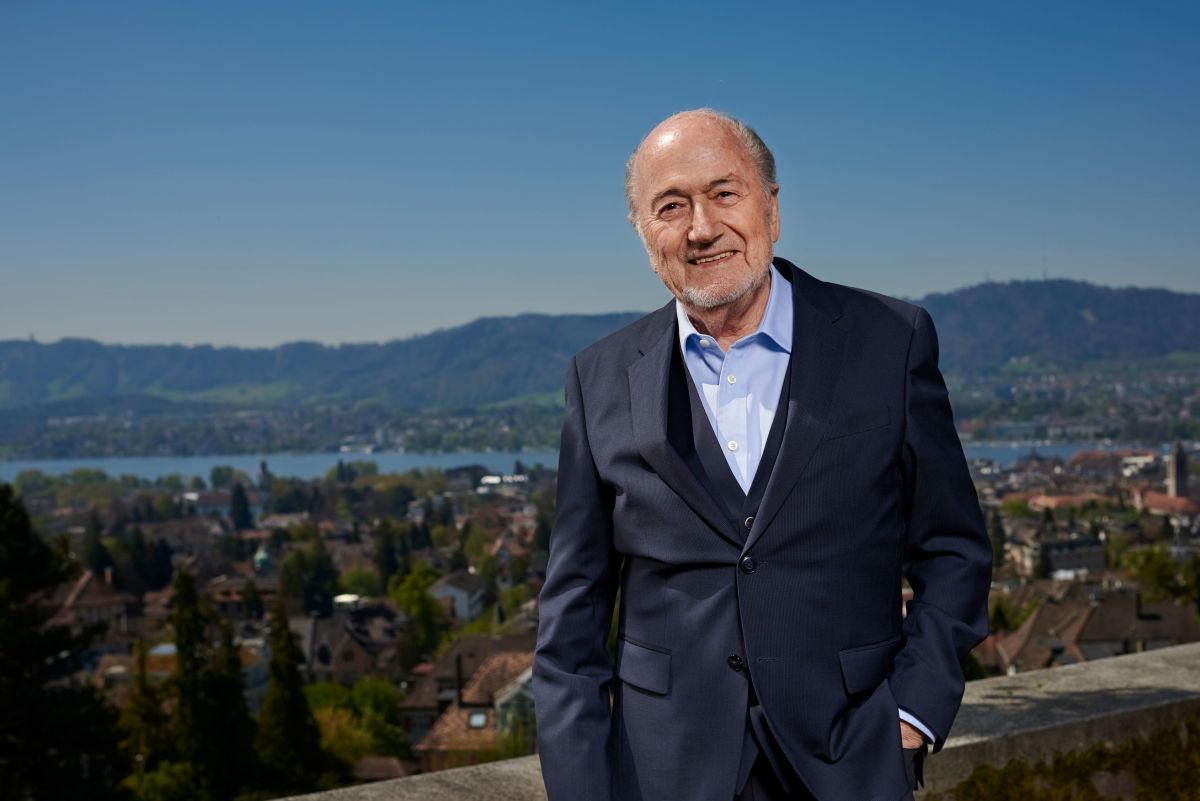
FIFA led their own investigation into the matter, and both Blatter and Platini were ultimately found guilty of breaching ethics regulations. The pair were handed eight-year global bans from any football activities, but Platini's ban was ultimately shortened to four years.
Away from the headlines, he has continued to challenge the accusations against him, although he now finds himself back under pressure once again.
